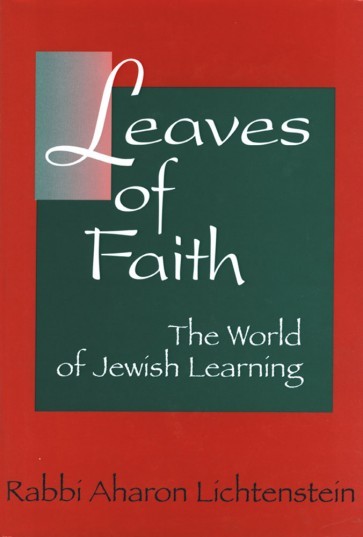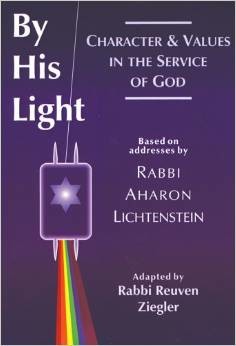Rav Lichtenstein: A Jewish communal tribute
With the passing of Rabbi Aharon Lichtenstein, zt”l, this week’s essay will deal with a collection of tributes by several community, rabbinic and educational personalities who in one way or another had their lives touched by the spiritual leadership of Rabbi Lichtenstein.
First, a few biographical words as penned by Rabbi Shlomo Zukier of the Slifka Center of Yale University and Rabbi Shalom Carmy of Yeshiva University in the current issue of Tradition:
“Rabbi Lichtenstein was born in France in 1933, from which his family escaped in 1941 to the United States, finally settling in New York. At Yeshiva Rabbi Chaim Berlin he made his mark as a youngster. There he studied with, and was deeply influenced by, Rabbi Ahron Soloveichik and Rabbi Yitzchok Hutner. Entering Yeshiva College at 16, he studied with Rabbi Moshe Shatzkes and, more fatefully, with Rabbi Joseph B. Soloveitchik.”
Rabbi Lichtenstein would receive his semicha from Rabbi Soloveitchik to assume over the next years several teaching and leadership positions at Yeshiva. He was also to garner a doctorate at Harvard in English literature in 1957.
By 1971, both he and his family moved to Israel where he assumed the position as co-rosh yeshiva at Yeshivat Har Etzion in the Gush at the invitation of its founder and rosh yeshiva, Rabbi Yehuda Amital. The two were to serve in these dual roles for the next four decades.
According to Rabbis Zuckier and Carmy, “The primary arena of Torah study, for Rabbi Lichtenstein, as for the mainstream of Jewish thought, is the study of legal texts: Talmud, its commentators and codifiers. And when Rabbi Lichtenstein extols Talmud study, he has particularly in mind Talmud study pursued in the Eastern European tradition, and as developed in the past century under the flag of the Brisker school. To ignore or minimize the emphasis on Torah study, and on Talmud, in Rabbi Lichtenstein’s thought, just because he has championed broad universal concerns and advocated the study of the liberal arts as a vehicle to religious wholeness, is a distortion of his teaching to the point of making it unrecognizable.”

 44.0°,
Mostly Cloudy
44.0°,
Mostly Cloudy 







